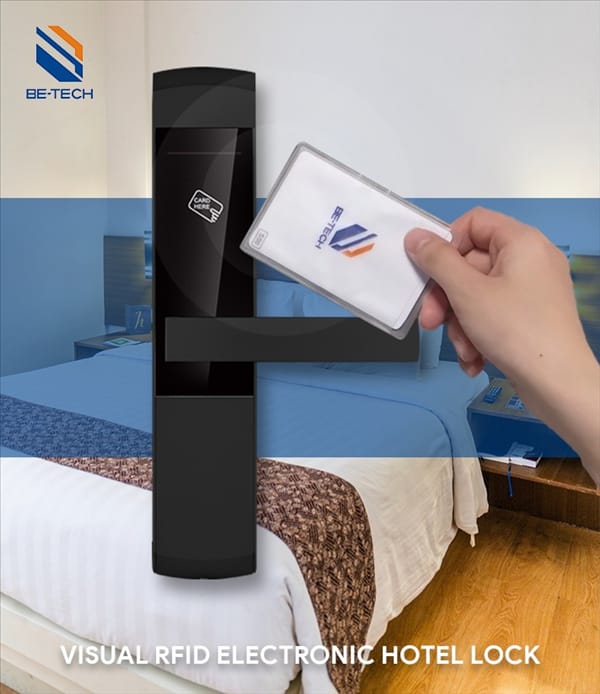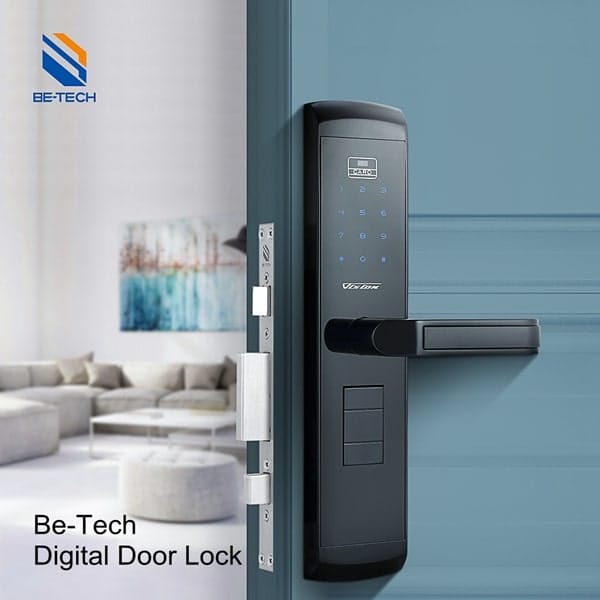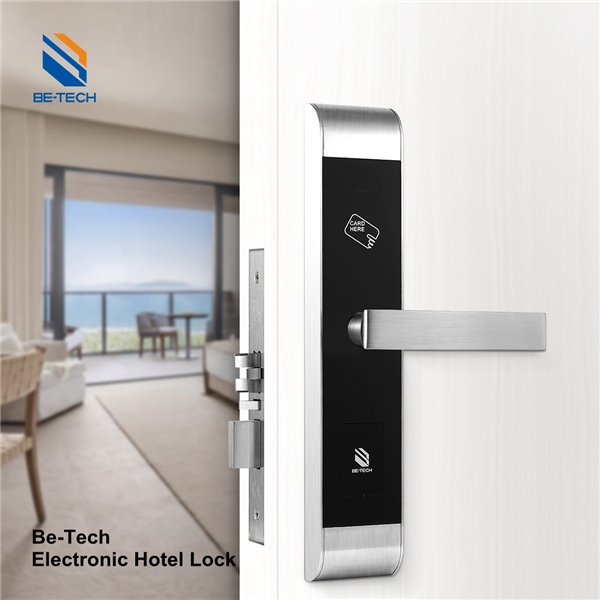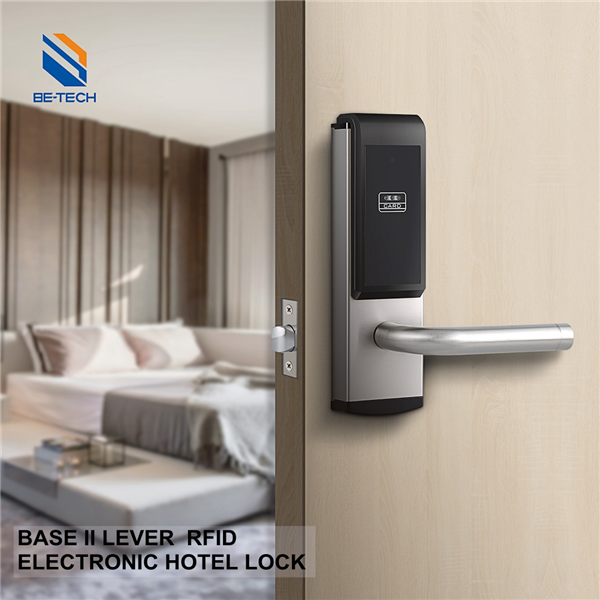Ensuring guest safety is paramount in the hospitality industry. As we step into 2024, advancements in hotel door lock technology play a crucial role in this mission. This comprehensive guide explores the latest innovations, security standards, and best practices for hotel door locks, aiming to provide hotel owners and managers with the knowledge needed to enhance guest safety and satisfaction.
Types of Hotel Door Locks
Mechanical Locks
Mechanical locks are the traditional choice for many hotels. They rely on physical keys and are known for their robustness. However, they lack the advanced security features of modern alternatives.
Electronic Key Card Locks
Electronic key card locks have become a standard in the hotel industry. These locks use a magnetic stripe or RFID card to grant access. They offer convenience and can be easily reprogrammed if a card is lost or stolen.
Smart Locks and Mobile Key Systems
Smart locks represent the cutting edge of hotel security. These systems allow guests to use their smartphones as keys, providing a seamless and contactless experience. Integration with hotel management systems enables remote access and real-time monitoring.
Biometric Locks
Biometric locks use fingerprints, facial recognition, or other biometric data to grant access. They offer a high level of security and are becoming increasingly popular in luxury hotels.
Technological Advancements in Hotel Door Locks

Integration with Hotel Management Systems
Modern hotel door locks can be integrated with hotel management systems, allowing for centralized control and monitoring. This integration enhances operational efficiency and security.
Remote Access and Monitoring
Remote access features enable hotel staff to manage door locks from a central location. This capability is particularly useful for handling emergencies and providing quick assistance to guests.
The Role of IoT in Enhancing Security
The Internet of Things (IoT) has revolutionized hotel security. IoT-enabled locks can communicate with other devices, providing real-time data and alerts. This connectivity enhances the overall security infrastructure of the hotel.
Security Standards and Regulations
International and Local Standards
Compliance with international and local security standards is essential for hotel door locks. These standards ensure that locks meet specific safety and performance criteria.
Compliance Requirements
Hotels must adhere to various compliance requirements, including data protection regulations and fire safety codes. Ensuring compliance not only enhances guest safety but also protects the hotel from legal liabilities.
Installation and Maintenance
Best Practices for Installation
Proper installation is critical to the effectiveness of hotel door locks. It is recommended to hire professional installers who are familiar with the specific requirements of different lock types.
Regular Maintenance and Troubleshooting
Regular maintenance is essential to keep door locks functioning optimally. Hotels should establish a maintenance schedule and train staff to troubleshoot common issues.
Importance of Professional Installation
Professional installation ensures that locks are correctly fitted and comply with safety standards. It also reduces the risk of malfunctions and enhances the overall security of the hotel.
Guest Experience and Convenience
Enhancing the Guest Experience
Modern door locks contribute to a positive guest experience by offering convenience and ease of use. Features like mobile keys and biometric access provide a seamless check-in and check-out process.
User-Friendly Features
User-friendly features such as intuitive interfaces and clear instructions make it easy for guests to use the locks. Hotels should prioritize locks that are accessible to all guests, including those with disabilities.
Case Studies
Successful Implementations
Several hotels have successfully implemented advanced door lock systems. These case studies highlight the benefits of modern locks, including improved security and guest satisfaction.

Security Incidents and Management
Analyzing security incidents can provide valuable insights into the effectiveness of different lock systems. Hotels can learn from these incidents and implement measures to prevent similar occurrences.
Future Trends
Predictions for Future Advancements
The future of hotel door locks is promising, with ongoing advancements in technology. Trends such as AI integration and enhanced biometric features are expected to shape the future of hotel security.
Potential Challenges and Solutions
While advancements bring numerous benefits, they also present challenges. Hotels must stay informed about potential risks and invest in solutions to mitigate them.
Conclusion
In conclusion, hotel door locks are a critical component of guest safety. By staying updated with the latest advancements and adhering to best practices, hotels can ensure a secure and satisfying experience for their guests.








